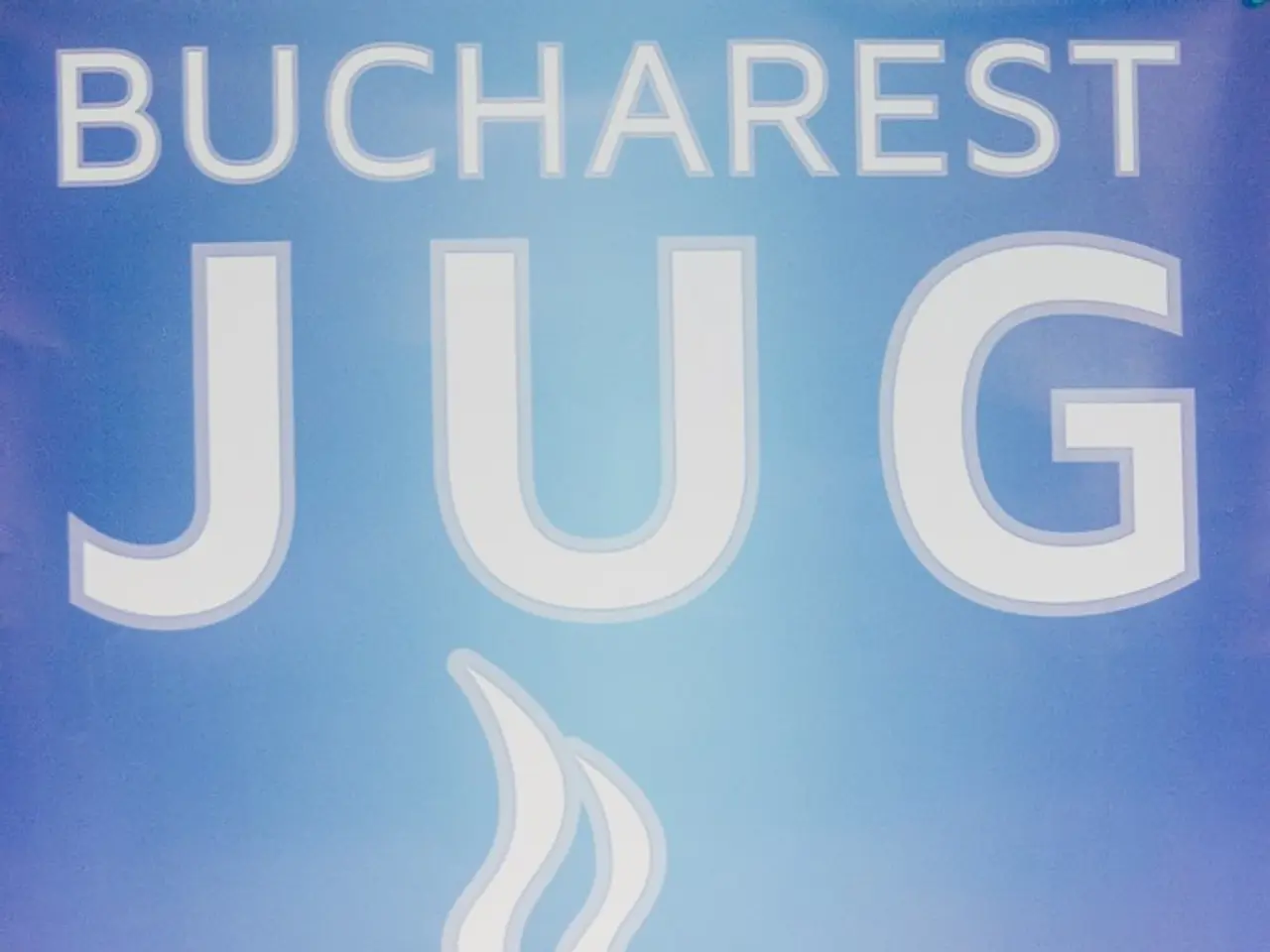Axiom Space & WFIRM Partner for $15M to Advance Organ Regeneration in Space
Axiom Space has partnered with the Wake Forest Institute for Regenerative Medicine (WFIRM) in a pioneering collaboration, supported by a $15 million initial investment from the U.S. National Science Foundation (NSF) Engines award. This alliance aims to advance tissue and organ regeneration research in microgravity, with potential benefits for humanity.
The partnership, dubbed the In-Space Innovation, Translation, and Education Core (ITEC), will focus on several key areas. These include Development and Manufacturing, Biomaterials, Cell Biology, In-Space Manufacturing, and Workforce Development. The ITECs will be user-inspired, tackling technical challenges in tissue and organ regeneration.
Axiom Space, the world's first commercial space station developer, will provide the microgravity environment for these studies. The company's Director of In-Space Manufacturing, Jana Stoudemire, anticipates this collaboration to yield groundbreaking discoveries. Meanwhile, Dr. Anthony Atala, Director of WFIRM, foresees expanded job opportunities and economic development in the Winston-Salem region.
Backed by up to $160 million over a decade, this NSF Engines-funded partnership between Axiom Space and WFIRM seeks to transform tissue and organ regeneration. By exploring these processes in microgravity, the project could unlock new horizons for human health and the global space economy.
Read also:
- Overcoming Yielding Regulations Hurdles in Indian Export Sector for EU Markets
- Palisades Fire Threatens UCLA Neighborhoods, Resident Proposes Rezoning
- A community of individuals navigating the same journey of infertility stands together in camaraderie
- Vibrant Correspondence Between Elena and Camilla Unveiled







